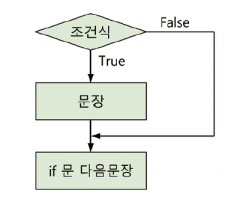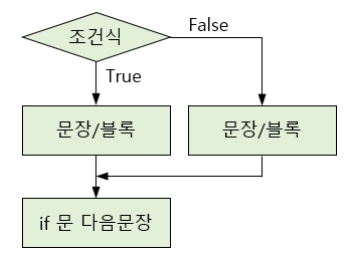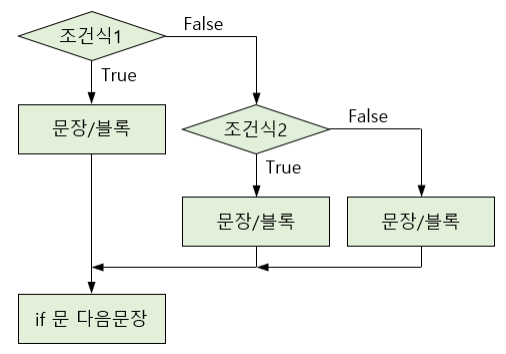연산자 2
대입연산자
- 대입: 변수의 값을 새로운 값으로 변경하는 것.
- 대입연산자: 오른쪽의 값을 왼쪽에 대입하여 값을 산출해냄.
int a = 10;
a += 10 (a = a+10) -> a = 20
a -= 10 (a = a-10) -> a = 0
a *= 3 (a = a*3) -> a = 30
a /= 3 (a = a/3) -> a = 3
a %= 3 (a = a%3) -> a = 1증감연산자
- 증감연산자는 위치에 따라 값이 달라짐.
- ++x: x의 값을 1 증가시킨 후 연산 수행.
- y++: 연산 수행 후 y의 값을 1 증가시킴.
int x = 10;
int y = 10;
int value1 = ++x;
int value2 = y++;
System.out.println(x); -> 11출력
System.out.println(y); -> 11출력
System.out.println(value1); -> 11출력
System.out.println(value2); -> 10출력
->후위연산자의 경우, 사용하고 다음 턴부터 바뀐 값이 적용 된다고 생각할 것.
->전위연산자의 경우 딜레이 없이 바로 바뀐 값이 적용 됨.
- 증감연산자와 다른 연산자를 조합해서 수행문을 작성하지 말 것.
비교연산자
> >= < <= == != - 두 값을 비교하여 비교결과를 true, false로 나타냄.
- == 같다 / != 다르다
- 항상 좌항이 기준.
- 부등호를 먼저 적어야 함 >=(O) =>(X)
- 항상 boolean은 짝지.
int a = 30000;
int b = 35000;
boolean result = a>=b ->falseSystem.out.println(1000 == 1000); -> true
System.out.println(1000 != 1000); -> false
System.out.println(2000 == 1000); -> false
System.out.println(2000 != 1000); -> true논리연산자

- 연산 결과는 언제나 boolean값(true, false)
- 연산에 참여하는 값은 boolean 타입이거나 결과가 boolean으로 나올 경우에만 가능.
- &&: 하나라도 false면 false
||: 하나라도 true면 true - 항상 boolean과 짝지
// 운행거리
int distance = 25000;
// 운행거리에 따른 무상수리 기준
int freeFixDistance = 30000;
boolean result = distance >= freeFixDistance;
System.out.println(result); -> false(유상수리)삼항연산자(조건연산자)
변수 = 조건식 ? 값1 : 값2
조건식이 true이면 값1 대입.
조건식이 false이면 값2 대입.- 변수, 값 1, 값2의 타입이 동일해야함
- 값1과 2에는 연산자도 올 수 있음.
int orderPrice = 700_000;
int point = orderPrice > 1_000_000 ? (int)(orderPrice*0.05) : (int)(orderPrice*0.02);조건문 if
if문
- 제어문 중 하나, 수행결과가 boolean값인 연산식이 와야함. true일 시 수행문 실행

if (조건식) {
수행문;
}int score = 90;
if (score>60) {
System.out.println("합격입니다.");
}if~else문
- if문에서 true, false일때의 수행문을 각각 지정.

if (조건식) {
true일 때 수행문;
} else {
false일 때 수행문;
} int score = 56;
if (score>=60) {
System.out.println("합격입니다");
} else {
System.out.println("불합격입니다");
}if ~ else if ~ else문
- 조건식이 여러가지일 때 사용하는 제어문

if (조건식1) {
조건식1수행문;
} else if (조건식2) {
조건식2수행문;
} else {
조건식에 전부 부합하지 않았을때의 수행문;
}
-> else는 생략 가능하며, else {} else{}와 같이 여러개 작성 할 수 없음.if (score >= 4.6) {
System.out.println("A+");
} else if (score >= 4.0) {
System.out.println("A");
} else {
System.out.println("F");- else에는 조건식이 붙을 수 없음.
